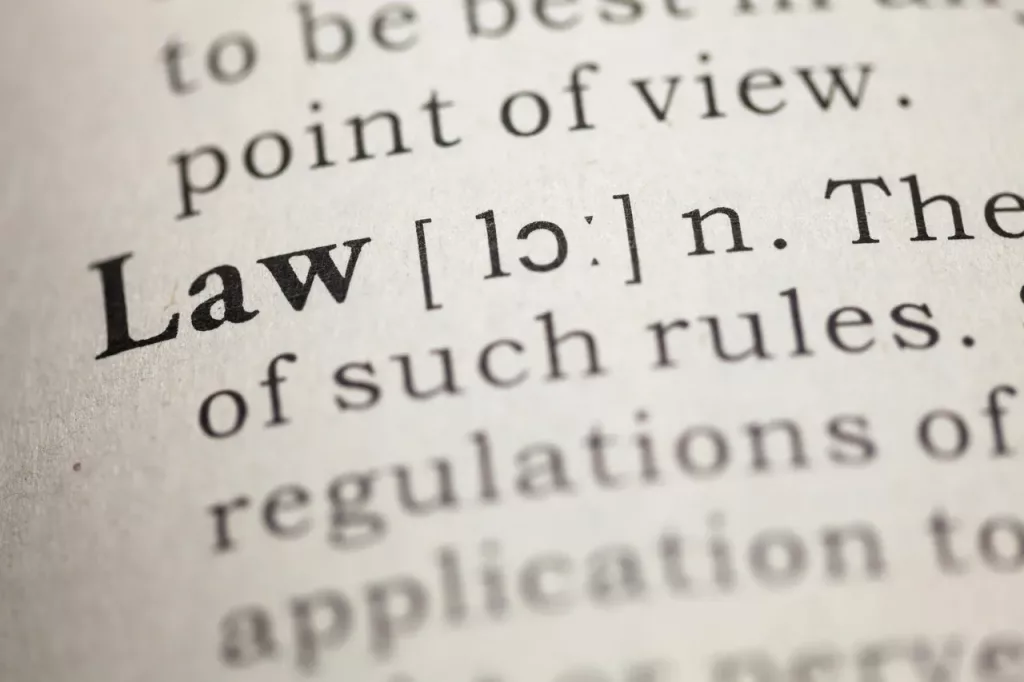19 February 2021|Crisis Management, Latest Posts, Legals & Compliance

By Amanda Hamilton, CEO of NALP. Receiving a poor review online or having a competitor bad-mouth you is one thing and usually blows over fairly quickly with careful handling.
However, publishing lies in the press or media is something else altogether. And this includes Social Media. The legal term is defamation. Whether it be in writing (libel) or made verbally (slander), such comments that damage or are likely to damage another individual may give rise to court action.
Since 2013, when the new Defamation Act came into force, the threshold for bringing such an action has been raised. A potential claimant now has to prove that ‘serious harm’ has been caused and, in the case of a profit-making business, ‘serious financial loss’.
It’s most important that before going to court, that the claimant (you, if you are taking the person who has defamed you to court) should comply with the Civil Procedure Rules (the rules that are followed by the courts and parties in civil court proceedings). This means that s/he must follow ‘pre-action protocols for defamation’.
The first step is to send a ‘letter of claim’ to the potential Defendant. It’s very important to get this right. It must contain all the protocol requirements such as the name of the claimant, the words complained of and details identifying the publication/broadcast in which they were contained, the date of publication or copy of the transcript of those words. It should also include facts or matters that clearly identify the claimant from the words and how they were interpreted, as well as the particular damage caused by them. Finally, it should describe the nature of any remedies sought. A paralegal, who will usually charge considerably less than a solicitor, can help you. You will need proof.
The purpose of a Letter of Claim is to encourage an exchange of information and hopefully early settlement, if possible, without the need to go to court.
A defendant should respond within 14 days, but this may depend on what the letter specifies. The response should cover whether any further information is required and if so, what specific information is required to deal with the claim, to what extent if any, the defendant accepts the claim and what kind of remedy will be offered. If the claim is rejected, then the defendant needs to specify the reasons why and indicate what facts will be relied upon and finally should include what meaning the defendant attributes to the words complained of.
There is a huge emphasis on alternative dispute resolution e.g. the parties are encouraged to find a solution to their dispute by any other means rather than going to court
If you are using paralegal services, they can help you negotiate with the defendant’s legal representative. You can also ask for mediation – where an independent third party works with both sides to find an acceptable resolution. This may simply involve a retraction, an apology and the deletion of any online content or it may go further and require a financial payment.
Should there be no resolution, and the only alternative is to litigate, then it’s in the hands of the court. You may need to bring in the services of a Barrister to represent you in court, although increasingly these days, judges are allowing paralegals to represent their clients in court – however this is at the discretion of the judge. There’s no-one-size-fits-all with defamation cases. The courts will look at each case on its merits and you can’t be sure the court will find in your favour. Finally, think about the costs – even if you win the case you may not be awarded damages that cover the time, effort, energy and stress you put into winning.
No one likes to let someone who has ‘bad mouthed’ them get away with it – but if you can avoid the courts, it’s best to do so, or you may find yourself with a victory you wish you’d never fought for.
ABOUT THE AUTHOR
Amanda Hamilton is Chief Executive of the National Association of Licenced Paralegals (NALP), a non-profit Membership Body and the only Paralegal body that is recognised as an awarding organisation by Ofqual (the regulator of qualifications in England). Through its training arm, NALP Training, trading as National Paralegal College, accredited recognised professional paralegal qualifications are offered for a career as a paralegal professional.
See: http://www.nationalparalegals.co.uk and https://www.nalptraining.co.uk/
Twitter: @NALP_UK
Facebook: https://www.facebook.com/NationalAssocationsofLicensedParalegals/
LinkedIn – https://www.linkedin.com/in/amanda-hamilton-llb-hons-840a6a16/
- lisafoundersitehttps://thesuccessfulfounder.com/author/lisafoundersite/
- lisafoundersitehttps://thesuccessfulfounder.com/author/lisafoundersite/
- lisafoundersitehttps://thesuccessfulfounder.com/author/lisafoundersite/
- lisafoundersitehttps://thesuccessfulfounder.com/author/lisafoundersite/






